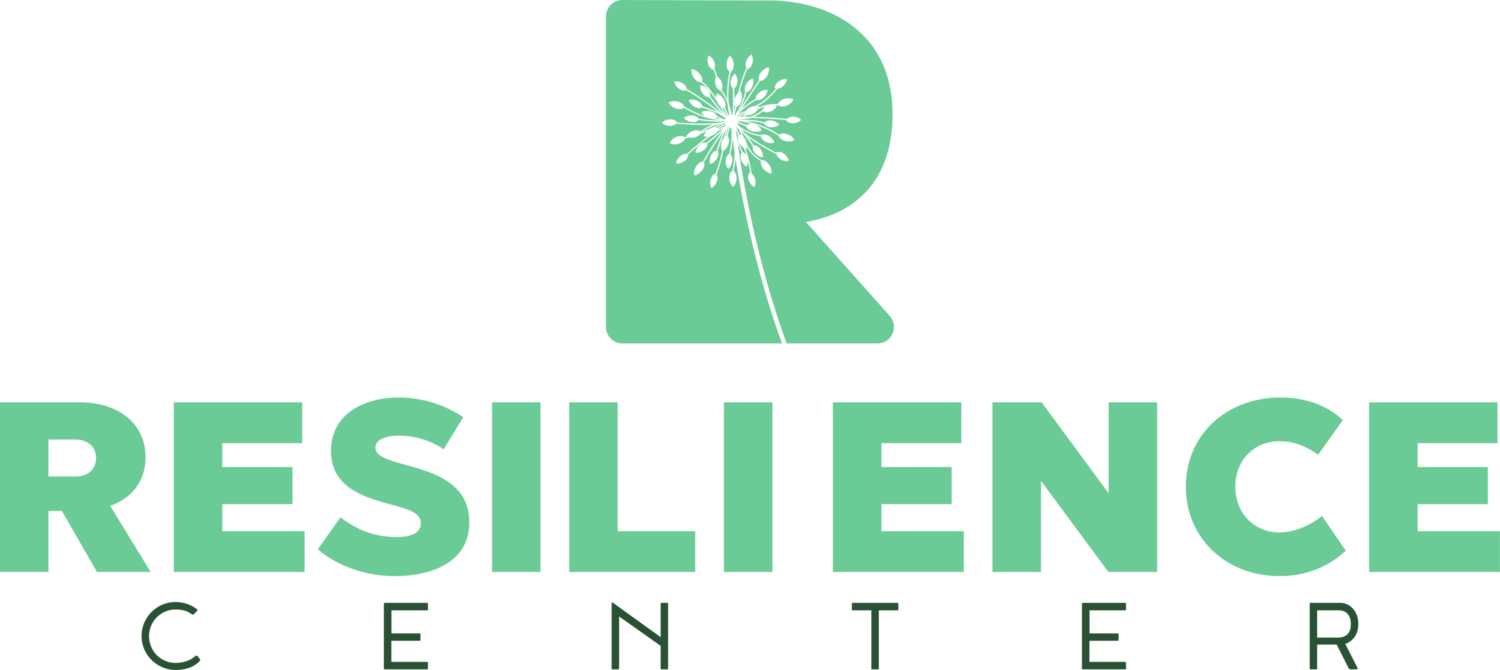You probably have a goal that is stopping your recovery in its tracks. This goal has probably disguised itself as something “healthy,” while in reality it is serving illness. In eating disorder recovery, this is your “goal weight," sometimes called "ideal weight."
I’ve heard patients in and out of treatment discuss their willingness to recover “but I don’t want to go above x pounds.” Or overweight patients viewing eating disorder treatment as yet another diet to follow to reach x pounds. Treatment team members themselves often perpetuate this stumbling block by asking the patient set this number, or setting it themselves, trying to appease the eating disorder to keep the patient in recovery. Not a fan. (Read an excellent blog on the topic here.)
See, I don’t care if your doctor/dietitian/therapist is cool with your goal weight because it squeaks you out of the dangerous BMI zone (BMI is BS, btw, but more on that later) or otherwise puts you into a healthy BMI. As long as you have a goal weight, you will relapse. I’ll say that again. As long as you have a goal weight, you will relapse. Here’s why:
1. I’m guessing that you set that goal weight while you were still in the midst of disordered thinking. How are you sure it’s a realistic, healthy weight for you? (See more here)
2. Let’s assume it is a realistic, healthy weight. What will happen if your body overshoots it? Sometimes in recovery from restricting, your body will go over its natural set point to repair and reset metabolic processes. If you are holding onto a goal weight, you will freak out when this happens. ED will shout “I told you they just wanted to make you fat!” You will fall back into thinking your body must be controlled instead of cared for.
3. If you are currently over this goal weight, you will be tempted to dabble with restricting, purging, or other compensatory behaviors “until I lose the weight,” setting yourself up to further lower your set point and keep the cycle going. Or you believe that healing your relationship with food will finally result in that weight loss you’ve been chasing. It may not. You may gain health, vitality, and greater self-love, but there is no guarantee of weight loss. Because lower weight DOES NOT equal health. And visa versa. A higher weight does not equal poor health. There are waaaaay too many factors at play to reduce health to one number.
4. If you are under this goal weight, there’s a very good chance that you have set a goal weight that is too low to sustain your body’s functions. Because lower weight DOES NOT equal health. Again, way too many factors to deduce your health from one number.
5. Most importantly, all of your thoughts about ideal weight are meaningless when it comes to the body’s work of healing and recovery. The body will weigh what it weighs when you are consistently taking in adequate calories/exchanges for recovery, no longer doing any eating disorder behaviors, and moving/exercising for fun and function instead of punishment.
I wonder if there are other unrealistic goals that are sabotaging your recovery as well. Like goal weight, these are goals that look like they might be healthy, but in reality set us up to give up when the conditions we set aren’t met. Conditions we set in the midst of our disorder, be it an eating disorder, depression, anxiety, or PTSD. It’s time to put your goals to the test.
Is it realistic? Give me the evidence. I’m talking, “can hold up in a court of law” facts, not beliefs.
Is it tied to a value? Where is the meaning for me?
Do have the resources/support to meet this goal? How can I get there?
Hold your recovery goals up to the light, and if you find them lacking, make new ones. New ones like, “go camping and have enough energy to hike with my friends” or “feel comfortable enough in my body to dance it out with my toddler to her favorite song.” Create goals that are about the life you want to live, rather than another tether to the disorder that is taking your life.
That is recovery resilience.











